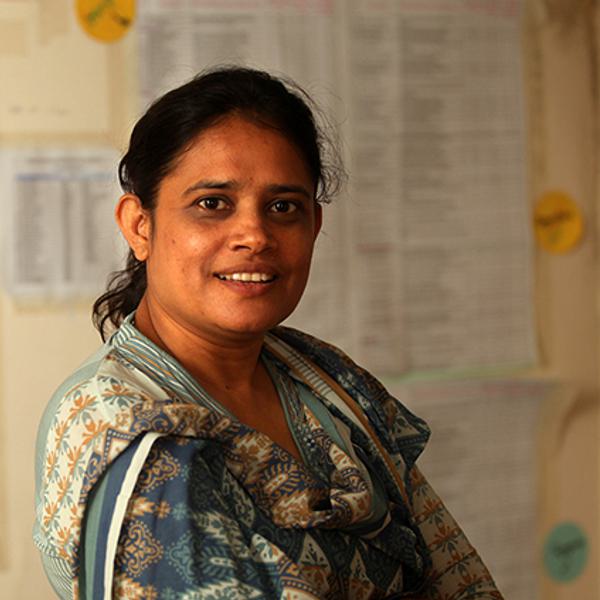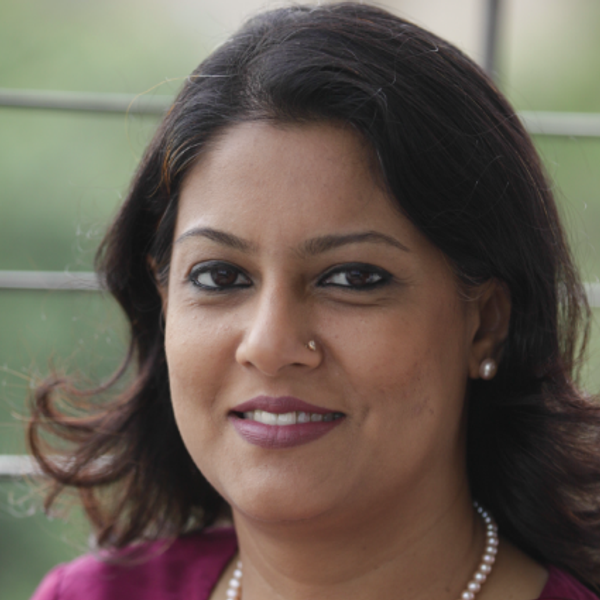What has the Rana Plaza disaster taught us?
24 April 2023
April 24 marks ten years since the collapse of the Rana Plaza building in Bangladesh, which killed 1,134 people and injured thousands more, most of whom were working in factories supplying clothing for international brands.
Progress has been made to protect workers, but questions remain.
What did we learn from this disaster about how businesses and governments can better protect the rights of workers? How have business and human rights interventions that followed the disaster fallen short? What still needs to happen to better protect workers in global supply chains?
In this episode of Voices, you will hear from IHRB’s Salil Tripathi and Sanchita Banerjee Saxena, IHRB’s Research Fellow and Director at the Subir and Malini Chowdhury Center for Bangladesh Studies at UC Berkeley, who have together authored a new briefing: Rana Plaza ten years on: lessons for human rights and business.
Salil and Sanchita examine the impacts of the disaster and consider the renewed action needed to stop a similar tragedy happening again.
You will also hear Salil speak to Nazma Akter, a former child worker, garment factory worker, labour organiser, and Director of AWAJ Foundation, which Nazma founded in 2003 to protect workers’ rights in the Ready-Made Garment (RMG) sector of Bangladesh.
And finally, to find out how lessons from Rana Plaza impacted other sectors, Salil speaks to Rizwana Hassan, a lawyer and environmentalist who explains the issue of worker safety in the ship-breaking industry.
IHRB has published a new briefing paper - Rana Plaza ten years on: lessons for human rights and business - which examines the impact of the disaster and the steps taken since.
Stream above, or you can listen on your favourite podcast player.
If you care about human rights and are curious about the impact of business on peoples’ rights, then follow Voices to get each episode straight to your feed.
Host: Deborah Sagoe, IHRB's Communications Coordinator
Producer & Editor: Helen Brown
Additional Contributors: Sam Simmons, IHRB's Head of Communications







